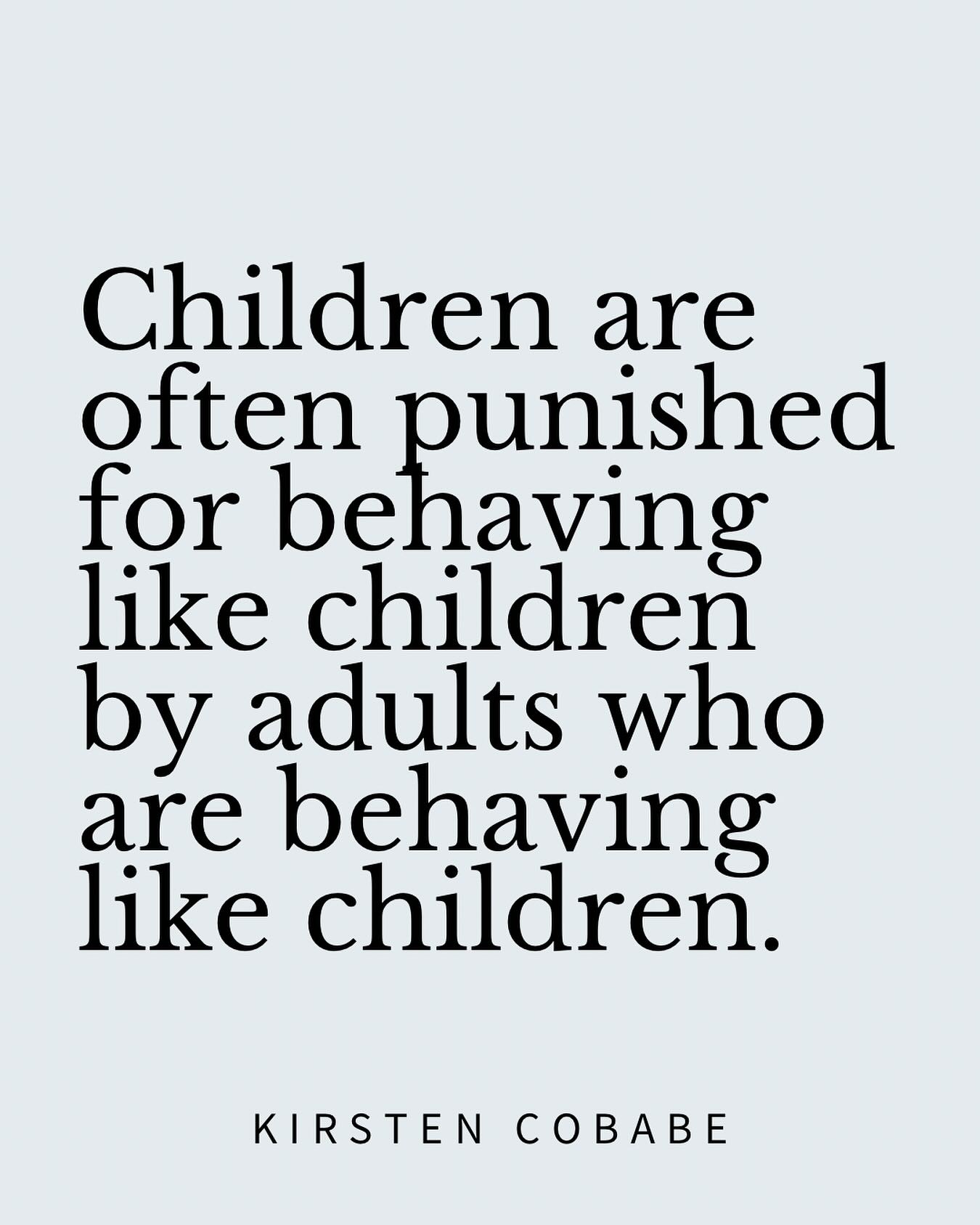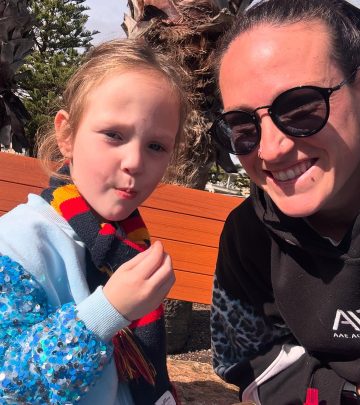Reflections On Parenting: The Mirror Of Unmet Needs
Guiding children with empathy, fostering true connection and deep self-care - build hope.

Image: Instagram
In a candid social media post, teen coach Kirsten Cobabe lays bare an uncomfortable truth about modern parenting. Her message, starting with a playful disclaimer—“No offense to children!”—rapidly evolves into a call for adult introspection. She contends that when children simply act like children, it is often a reflection of unresolved issues in ourselves. With the assertion that most adults were never fully supported in their own upbringing, Cobabe challenges today’s parents to examine how their reactions and behaviors mirror the chaos they once experienced.
The Mirror Of Adult Habits
Many adults, Cobabe explains, fall into a reactive trap. Instead of co-regulating with their children, they impose control—a behavior that stems from their own unmet emotional needs. The coach’s words underline a painful irony: in attempting to shield their children from disappointment or disobedience, many adults inadvertently perpetuate a cycle of dysregulation. The post states, “Instead of co-regulating, many adults react. Instead of guiding, they control. Instead of modeling maturity, they mirror the chaos.” This evocative observation forces the reader to reflect on how past wounds resurface when assumed patterns of parenting go unchallenged.
Breaking The Cycle
The heart of Cobabe’s message is a call to action: these destructive cycles don’t have to continue. “You can start new cycles,” she affirms, suggesting that parental growth and self-awareness are essential ingredients for change. Her words serve as a reminder that while children may be naturally impulsive, expecting them to regulate their emotions while adults remain unexamined is unfair. Cobabe’s perspective encourages a shift from a punitive to a more nurturing, responsive approach—one where adults embrace their own need for growth and, in turn, cultivate healthier relationships with their children.
Present Parenting And Authentic Growth
Cobabe’s insights come at a time when her coaching style has resonated widely. Notably, in a previous Instagram post, she succinctly stated,
Reacting Is Easy. Responding Is Power.
This message complements her current commentary by emphasizing that mindful responses—not knee-jerk reactions—fuel effective parenting. By fostering an environment where authenticity overshadows control, parents set a foundation for their children’s future emotional well-being.
In another thoughtful caption from her Instagram feed, Cobabe underscores the importance of action. She wrote, “Let’s take action toward our awareness, alignment, attunement and authenticity. And allow.” This call to embrace vulnerability and authenticity reinforces her current theme: children benefit not from perfected behavior but from the presence of parents who are actively engaged in their own personal growth. The coach’s advice is clear—present, thoughtful parenting is far more valuable than striving for an impossible ideal of perfection.
Learning From The Past, Shaping The Future
Cobabe further illustrates the pitfalls of a reactionary approach with poignant reminders of how adult behavior impacts the parent-child relationship. She notes that adults sometimes use control as a shield—”to deflect. To distract. To keep themselves at a distance from themselves.” This distancing, she warns, poisons the relationship with their children and can lead to lasting regret in later life. The message resonates in a broader societal context where the emphasis on discipline has often masked the real need for connection and empathy.
Her message also highlights a vital shift needed in our collective understanding of adolescence. Instead of expecting children to embody emotional regulation—a skill that comes with time and guidance—it is imperative for adults to model emotional maturity and self-compassion. By being present and honestly grappling with their own struggles, parents can pave the way for their children to build resilience and a healthy sense of self.
A New Era Of Parenting
At its core, Cobabe’s post is a plea for transformative parenting. Children, she argues, don’t need flawless parents—they need those who are in the process of growing and learning. It is a call to start new cycles, based on self-awareness and support, rather than perpetuating patterns of control and emotional distance. Through her frank commentary, she champions an approach where understanding replaces judgment and where emotional honesty becomes the cornerstone of lasting relationships.
Her thoughtful narrative is further enriched by a mosaic of related sentiments shared in previous Instagram posts. From emphasizing the importance of responding over reacting to advocating for a deeper, more connected style of parenting, Cobabe’s body of work paints a broader picture of what it means to be truly present. By addressing both the individual struggles of adults and the collective need for healthier family dynamics, she invites her audience to not just question their methods but also to embrace change wholeheartedly.
In sum, Kirsten Cobabe’s latest reflections offer more than just parenting advice; they serve as a mirror for all adults to examine their own patterns. By acknowledging the imperfect nature of our upbringing and committing to real personal growth, we can foster a generation of emotionally intelligent and resilient youth. Her message – a blend of tough love, introspection, and hope – resonates as a timely reminder for anyone invested in nurturing future potential.
Read full bio of Srijita De
























